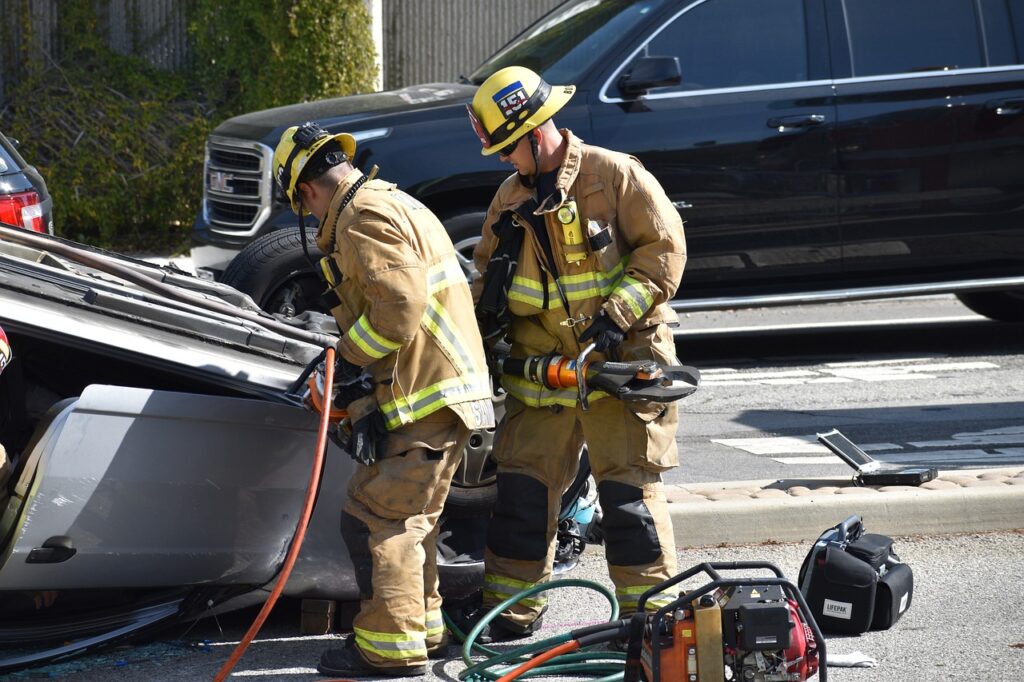Louisiana’s New Two-Year Statute of Limitation for Automobile Accident Cases: What You Need to Know
If you’ve been involved in an automobile accident in Louisiana, there’s a significant legal change you should be aware of: the state now has a two-year statute of limitations for filing a lawsuit related to such cases. This new law, which took effect on July 1, 2024, replaces Louisiana’s traditional one-year prescriptive period for personal injury claims stemming from car accidents. The extension to two years provides accident victims with more time to pursue justice and compensation. However, this statute is not all-encompassing, as it does not apply to all personal injury cases. Let’s explore the details of this new law and clarify what it means for victims, attorneys, and defendants alike. What Is a Statute of Limitations? A statute of limitations sets a strict deadline for filing legal claims. In Louisiana, this deadline is referred to as a “prescriptive period.” Failing to initiate a lawsuit within this timeframe typically means forfeiting your right to seek compensation, no matter how strong your case may be. Before the new law, Louisiana was known for having one of the shortest prescriptive periods in the nation—just one year. This often put accident victims under considerable pressure to gather evidence, consult with attorneys, and initiate legal proceedings promptly. The new two-year statute for automobile accident cases provides more breathing room for victims. Effective Date of the New Law The new two-year statute of limitations applies to accidents occurring on or after July 1, 2024. It is important to note that this change does not retroactively apply to accidents that occurred before this date. For accidents predating the law’s implementation, the one-year statute of limitations still governs those claims. What Types of Cases Does the Two-Year Period Cover? This new statute of limitations specifically applies to lawsuits arising from automobile accidents. This includes: Car accidents Truck accidents Motorcycle accidents Bicycle and pedestrian collisions involving motor vehicles Premises liability claims The two-year period provides accident victims with additional time to recover from their injuries, gather necessary documentation, and consult with legal professionals about their options. What Cases Are Not Covered by the Two-Year Statute? While the new law is a significant change, it does not apply to all personal injury cases. Some types of claims will still be governed by Louisiana’s traditional one-year prescriptive period. These include: Worker’s Compensation Claims: Claims for wage payments or medical payments after an injury at work. Medical Malpractice Claims: Claims against healthcare providers for injuries caused by professional negligence. Survival Actions: A relative’s claim for the pain and suffering their loved one experienced before an fatal accident. Wrongful Death Claim: A relative’s claim for their own loss when their loved one experienced a fatal injury. In these cases, victims must adhere to the shorter one-year deadline. Why Was the Law Changed? The extension to two years aims to address several challenges: Complex Cases: Auto accidents involving serious injuries, multiple parties, or commercial vehicles often require extensive investigation and negotiation. Victim Recovery: A longer timeline acknowledges that victims may need more time to physically and emotionally recover before pursuing a legal claim. National Trends: Louisiana’s previous one-year prescriptive period was an outlier compared to most other states, which provide two to three years for personal injury claims. By aligning with national standards, Louisiana lawmakers hope to create a fairer legal environment for accident victims. Implications for Accident Victims and Defendants For Victims: The two-year statute of limitations gives you more time to build a strong case. However, it’s still crucial to act promptly. Evidence such as medical records, police reports, and witness testimony can degrade or disappear over time. Consulting an experienced attorney early ensures your rights are protected and your case is prepared thoroughly. For Defendants: While the longer timeline benefits victims, it may also mean facing lawsuits long after the accident. This highlights the importance of preserving records, such as dashcam footage or maintenance logs, which may be needed to defend against delayed claims. Practical Tips for Navigating the New Law Understand Your Case Type: Determine whether your claim falls under the two-year statute or remains subject to the traditional one-year deadline. Don’t Delay: Even with more time, it’s wise to consult an attorney as soon as possible. Building a case early can strengthen your position. Stay Informed: Laws can change, and nuances in the new statute may impact your specific situation. An experienced personal injury attorney can help you navigate these complexities. Conclusion Louisiana’s new two-year statute of limitations for automobile accident cases is a significant development, offering victims more time to seek justice and compensation. However, it’s important to note that this change is not a blanket extension for all personal injury claims. Worker’s compensation, medical malpractice, and some other injury cases remain subject to the state’s traditional one-year prescriptive period. If you or a loved one has been involved in a car or truck accident, consulting with a knowledgeable attorney is the best way to ensure your rights are protected and your case is handled effectively. At Big River Trial Attorneys, we’re here to guide you through every step of the legal process. Contact us today for a free consultation and let us help you navigate this new legal landscape.



